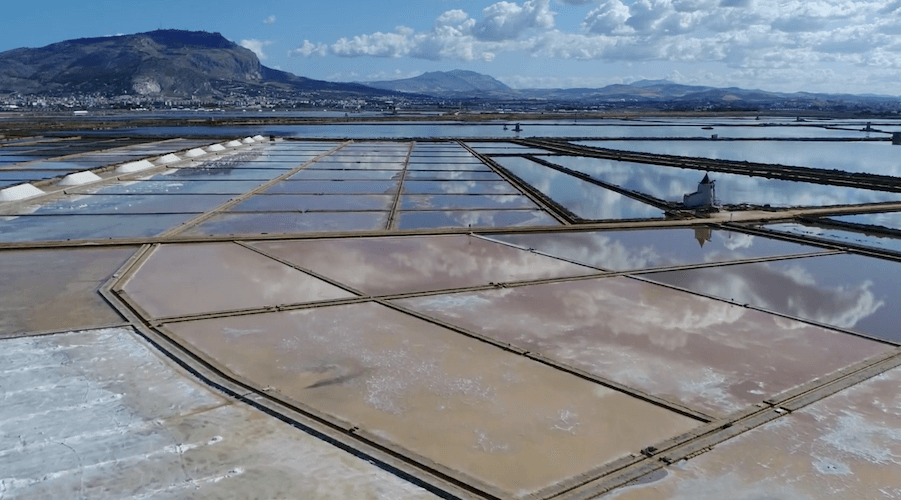Bolivia Advances in Lithium Extraction with Russian Partnership

New Business Model with Uranium One Group
Bolivia's Minister of Hydrocarbons and Energy, Franklin Molina, has detailed the new business model adopted for lithium extraction in collaboration with the Russian company, Uranium One Group. The model includes three distinct stages: construction, operation and maintenance, and finally, commercialization.
Investment and Project Phases
Yacimientos de Litio Bolivianos recently signed an agreement with Uranium One Group, committing to an investment of US$ 450 million for constructing a lithium plant. The project is planned in phases, beginning with a pilot plant capable of producing 1,000 tons of lithium, eventually expanding to a capacity of 14,000 tons.
Analysis and Expansion
Each phase of the project will undergo rigorous analysis, including geological and environmental studies. The focus will be on factors like lithium recovery efficiency and infrastructure efficacy. The agreement, spanning two years, aims to enhance production and generate foreign currency for Bolivia.
Legal and Environmental Considerations
Under Bolivia's Constitution, the agreement does not grant the Russian company any concession or property rights over the Salar de Uyuni's natural resources, which remain under the Bolivian people's ownership.
Technological Advancements
The project will employ an Electro Dialysis Lithium (EDL) technology, a more efficient method compared to traditional pool techniques, significantly reducing the time and cost of obtaining lithium carbonate. This technology can produce lithium carbonate in a matter of hours, compared to the years taken by conventional methods. Molina emphasized the project's potential for rapid and cost-effective lithium production, vital for the burgeoning battery manufacturing industry.





